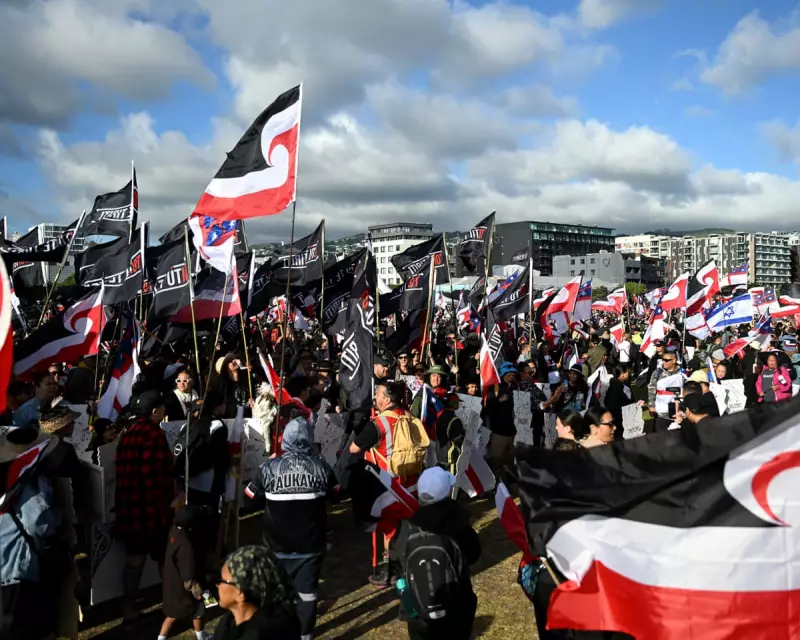
The United Nations has agreed to hear an urgent human rights complaint alleging the New Zealand government is responsible for significant and persistent discrimination against the Māori people.
A Landmark Challenge at the UN
Prominent Māori leader Lady Tureiti Moxon filed the complaint with the UN's Committee on the Elimination of Racial Discrimination (CERD). The complaint utilises a special 'early warning and urgent action procedure', reserved for serious and escalating violations of the international convention.
Moxon, who chairs the national urban iwi authority and leads the Māori health organisation Te Kōhao Health, alleges that the current coalition government's policies are actively dismantling decades of progress for Indigenous rights. "We're still fighting for the right to be Māori and live as Māori in our own country," Moxon told the Guardian.
Government Policies Spark Widespread Backlash
The centre-right coalition, formed by the National Party with partners Act and NZ First, took office in 2023 with a stated aim to end what it calls 'race-based policies'. Since then, it has introduced sweeping reforms affecting Māori, which have ignited the largest ever protests over Māori rights in 2024.
Key government actions detailed in the 42-page complaint include:
- Limiting the use of the Māori language in public services.
- Disestablishing the dedicated Māori Health Authority.
- Slashing obligations for public services to consider the Treaty of Waitangi.
- Allowing a controversial bill that sought to radically reinterpret the treaty's principles to be introduced to parliament, though it was later voted down.
Moxon's legal challenges within New Zealand, through the courts and the Waitangi Tribunal, have so far failed to halt these policies, leading her to seek international intervention. "The injustice here is just incredible, the racism is rife, and there are no checks and balances," she stated.
International Scrutiny and Next Steps
The UN's acceptance of the complaint means the CERD committee will now consider its merits. This could lead to an official request for a response from the New Zealand government and may trigger calls for further action if the UN sides with Moxon's arguments.
This marks only the second time the UN has used this specific complaint mechanism for New Zealand; the first followed the contentious Foreshore and Seabed Act in 2005.
In a significant development, the CERD committee is scheduled to conduct its eight-year review of New Zealand's record on eliminating racial discrimination next week. A government delegation will attend the session in Geneva, and Moxon will also travel there to present her case personally, hoping to force a change in the government's approach.
When approached for comment, the Minister for Māori Affairs, Tama Potaka, declined, stating it would be inappropriate until official details were confirmed. "My focus remains on delivering practical results for Māori," he said.





